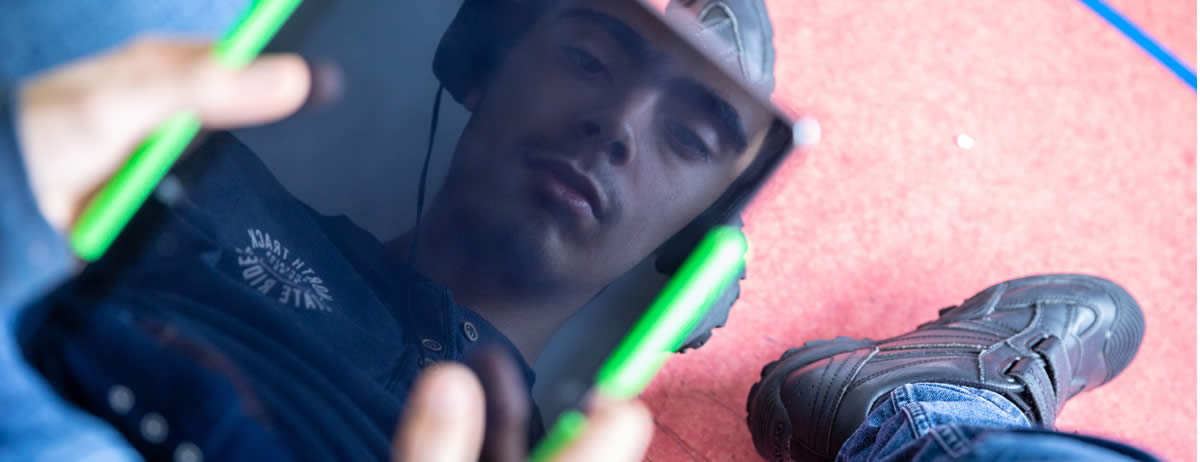For people with autism who need a set routine and are used to very precise instructions, the current situation is very stressful. They are feeling the full force of the disruption caused by the lockdown and the new precautions applied for our safety due to the coronavirus.
Those who are helped by the organisations which we support can no longer attend them due to the lockdown, or are no longer receiving visits at home.
Sport, education and employment-based integration activities have been suspended... And families and carers all need help.
On 2 April, which is World Autism Awareness Day, let’s promote Autisme Info Service!
Need help? Autisme Info Service is there for you!
How can I receive remote assistance? How can I create schedules and occupy children who need routines? How can I continue to offer a decent education? Can professionals still visit my house? How can I manage meltdowns? What tools are there to teach autistic adults and children about protective measures? What support is there to ensure I still receive medication? What type of assistance is there or will be implemented to deal with the loss in income? ….
Autisme Info Service was launched on 2 April 2019 with the support of the Orange Foundation. It answers all these questions for free by telephone or email via its website autismeinfoservice.fr. The government has just doubled its response capacity by pooling the teams from the Centre de ressources autisme d’Ile-de-France [Ile-de-France autism resource centre] and the Groupement national des centres de ressources autisme [National group of autism resource centres]: psychologists, doctors, social workers and qualified researchers.
By telephone: 0 800 71 40 40 (Monday to Friday, 9am to 1pm, as well as every Tuesday 6pm to 8pm) and by email at: autismeinfoservice.fr
The Orange Foundation: committed to autism awareness since 1991
Our first initiatives were to raise awareness about autism and improve the care and education of people with autism.
The various research projects we have funded have led to some significant discoveries.
We are continuing to work with people with autism and their families to:
- make it easier to learn and communicate by drawing on the power of digital technology: equipment for over 350 establishments, support for applications, etc.
- integrate people with autism in society: through employment, housing, sport, culture, etc.
Each year, we support over 3,500 people with autism through our projects.
What is autism? Who is affected?
Autism is a lifelong developmental disability which is usually diagnosed during early childhood. It is characterised by difficulties with social interaction and communication, which manifests itself as restricted and repetitive behaviour and interests.
The symptoms of autism vary significantly from one person to the next, which is why we refer to autism spectrum disorders (ASD).
Around 700,000 people have autism in France (1). Each person is at a different position on the spectrum, with differing levels of severity. Asperger’s syndrome, for example, is an ASD associated with above average intelligence. However, a third of people with an ASD have learning difficulties, speech disorders or poor motor skills.
(1) Source Insitut Pasteur 2018.

